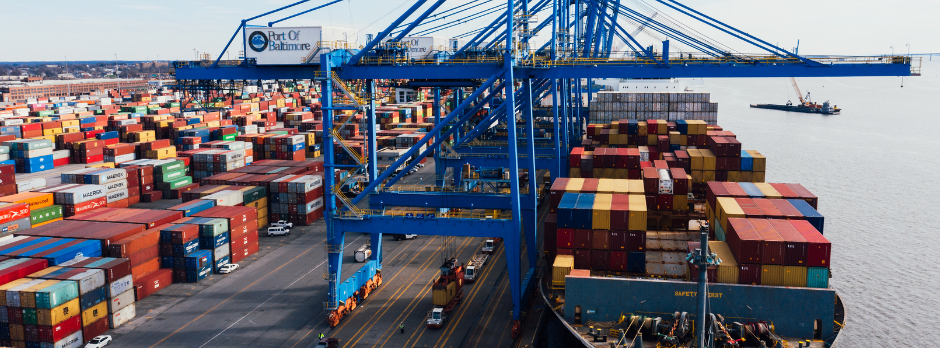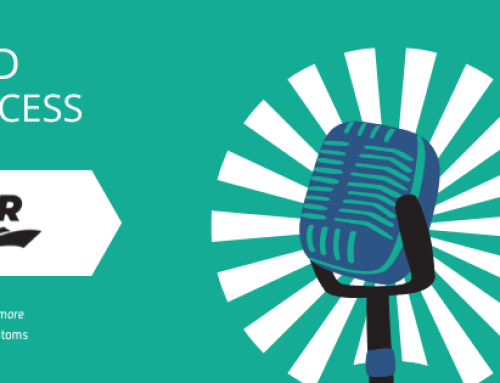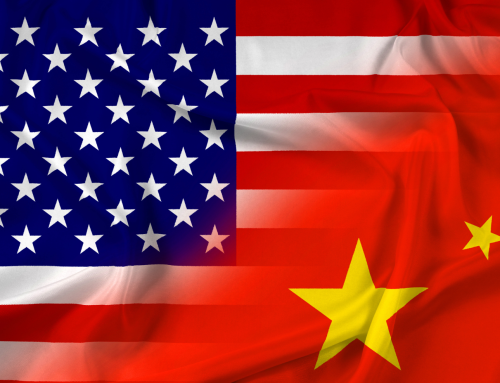Importing goods into the United States involves navigating various regulations, permits, and inspections governed by multiple government agencies. Knowing which commodities require special permits and approvals can help ensure smooth customs clearance. Here is a comprehensive guide to the key categories of regulated commodities and their associated requirements.
1. Agriculture, Food, and Beverages
Relevant Agencies: USDA, FDA, APHIS, TTB
Agricultural and food products face strict import controls to ensure safety and protect U.S. agriculture.
Examples of regulated goods:
- Fresh fruits and vegetables
- Meat, poultry, eggs, and dairy products
- Alcoholic beverages (wine, beer, spirits)
- Seeds, plants, and plant-based products
- Dietary supplements and organic foods (USDA certification required)
Helpful Resource: USDA ACIR Webpage – Ag Import Requirements Lookup
2. Pharmaceuticals, Medical Devices, and Cosmetics
Relevant Agencies: FDA, DEA
Healthcare and cosmetic products are highly regulated to ensure consumer safety.
Examples of regulated goods:
- Prescription and over-the-counter drugs
- Medical devices and diagnostic equipment
- Biological products such as vaccines
- Controlled substances
- Radiation-emitting devices (X-rays, lasers, etc.)
3. Chemicals and Hazardous Materials
Relevant Agencies: EPA, DOT, DEA
Chemicals and hazardous materials are subject to strict environmental, transportation, and safety regulations.
Examples of regulated goods:
- Pesticides, herbicides, and fungicides
- Toxic and hazardous chemicals under TSCA regulations
- Lithium and lead-acid batteries
- Asbestos-containing materials
4. Vehicles, Engines, and Parts
Relevant Agencies: EPA, DOT, NHTSA
Motorized vehicles and related components must meet emission, safety, and performance standards.
Examples of regulated goods:
- Automobiles, motorcycles, and trucks
- Aircraft parts and avionics
- Engines and emission-related components
- Tires (DOT certification required)
5. Textiles, Apparel, and Consumer Goods
Relevant Agencies: CPSC, FTC
Consumer goods, especially children’s products and items involving flammable materials, are closely monitored.
Examples of regulated goods:
- Children’s toys and products
- Flammable fabrics and upholstered furniture
- Jewelry containing lead or cadmium
Helpful Resource: CPSC Regulatory Robot
6. Electronics and Telecommunications
Relevant Agencies: FCC, FDA, DOE
Electronic devices require certification to meet communication and safety standards.
Examples of regulated goods:
- Wireless devices (phones, radios, tablets)
- Laptops and gaming consoles
- Medical electrical devices (monitors, pacemakers)
- Drones and UAVs
7. Firearms, Ammunition, and Defense Articles
Relevant Agencies: ATF, BIS, DDTC
Firearms and defense-related imports are regulated to protect national security.
Examples of regulated goods:
- Firearms and firearm parts
- Ammunition and gunpowder
- Military-grade equipment and body armor
8. Wildlife, Fish, and Animal Products
Relevant Agencies: USFWS, NOAA, APHIS
Wildlife and animal-related imports are closely regulated to protect biodiversity.
Examples of regulated goods:
- Exotic pets and wildlife
- Coral, shells, and marine products
- Leather, fur, and ivory
9. Cultural and Restricted Items
Relevant Agencies: CBP, DOI, BIS
Cultural artifacts and restricted items face additional scrutiny to prevent illegal trade and preserve heritage.
Examples of regulated goods:
- Antiques and artwork
- Coins, currency, and precious metals
- Archaeological artifacts
10. Miscellaneous Regulated Goods
Various other goods require permits based on their classification and intended use.
Examples of regulated goods:
- Cannabis, hemp, and CBD products
- E-cigarettes, vapes, and tobacco products
- Explosives and pyrotechnics
- Boats and marine equipment
11. Commodities Potentially Subject to Antidumping (ADD) and Countervailing Duties (CVD)
Enforced by: CBP, DOC
Certain commodities face additional duties due to unfair pricing or subsidies from the country of origin.
Examples of affected goods:
- Aluminum and steel products
- Wooden cabinets and furniture
- Solar panels and modules
- Seafood like shrimp
Helpful Resource: Search ADD/CVD Case Information
Understanding the requirements for specific commodities is essential for a smooth import process. Clearit Customs is here to help importers comply with regulations and streamline customs clearance.
Need assistance with your imports? Contact Clearit Customs today to get expert support and ensure compliance with U.S. import regulations.




